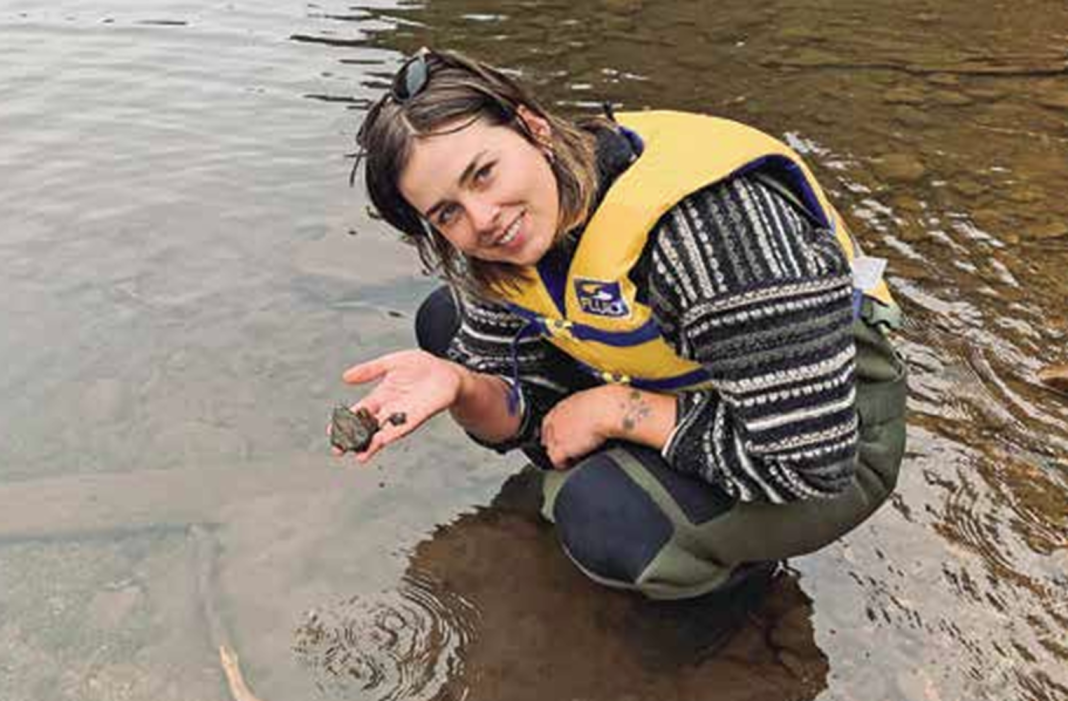U-Links Centre for Community-Based Research has put out a final call to the community to submit their research project proposals for consideration for the upcoming winter and spring post-secondary semester.
Frank Figuli, the non-profit’s program coordinator, said U-Links is looking to take on at least five new environmental-based projects over the coming weeks. He’s also hoping to see submissions covering the social sector.
The County-based organization takes potential projects submitted by community groups or residents and matches them with student researchers from Fleming College and Trent University, who work in the field in the Highlands compiling data that they hope can provide answers to long-lingering questions.
Since 1999, U-Links has partnered with more than 3,000 students on over 600 projects. Staff assist with developing comprehensive project proposals, identifying research questions and how best to collect data.
“We’re here to increase knowledge capital and guide informed decision making through these projects,” Figuli said. “There’s not anything too small or too niche – we always find a way to incorporate a host’s needs into an experiential learning opportunity for a student.
“It’s a mutual benefit – the community gets vital information, which can change the way we look at a certain area, or how we care or protect it moving forward. The students, meanwhile, are taking away skills that would be very hard to get in a traditional academic setting,” Figuli added.
Each year, U-Links takes on between 25 and 30 projects, Figuli said, with students presenting their findings at an annual celebration of research event, held in Haliburton every March. Next year’s event is scheduled for March 28.
Figuli said U-Links staff are currently assisting students on 28 projects – including a study of artificial nesting platforms for loons, investigating alternatives to fireworks, and development of a hazardous algae bloom reporting framework. He expects all of those to be presented at the upcoming research celebration.
He said about 85 per cent of the projects U-Links takes on are environmental – with studies and monitoring of the area’s 600plus lakes a constant theme.
Other recent notable projects, Figuli said, include an artificial light analysis of Paudash Lake, which he said focused on some of the ecological impacts of light pollution; an investigation into how apples could pave the way for increased agritourism in the Highlands; and a study of the benefits of the renaturalization of Abbey Gardens, which is flourishing on the site of a spent gravel pit.
A research paper on the work U-Links assisted with at Abbey Gardens was recently published in the summer edition of Canadian Reclamation magazine.
Figuli is also looking for opportunities it can provide first-year college and university students through its community service learning program (CSL). Last year, youth led educational activity stations at the annual Haliburton-Muskoka-Kawartha Children’s Water Festival, helped stabilize sensitive shorelines around Glamor Lake by planting native plants, and established year-round inspection sites at Waverley Brook Farm to track the impacts of weather changes and shifting environment.
All project proposals are due by Nov. 24 and can be submitted to Figuli at coordinator@ulinks.ca.
“Our bottlenecks this year are not students – we have enough of those. It’s finding hosts and projects,” he said. Once a project is accepted, the possibilities are almost limitless, Figuli added. “We’ve seen a project started at the undergraduate level and escalate, with different students, to a master’s thesis… this is one of the more unique ways people can make a difference in their community.”





